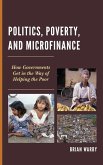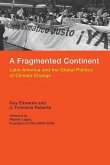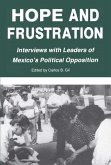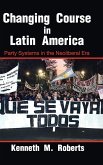" Brazil has long aspired to grandeza-greatness-and to take its place among the major powers that influence and shape the international order. It has served more times on the United Nations Security Council than any other country except for the permanent members, and it seeks a permanent seat of its own. Since the founding of the UN in 1945, the Brazilian military has participated in forty-six of sixty-five UN peacekeeping missions, and Brazilian officers currently lead UN operations in three countries. During the 2008 global financial crisis, Brazil's role in the G-20 contributed to reforming the International Monetary Fund. And together with its partners in the BRICS, Brazil has proposed alternative models for managing global order such as the New Development Bank. By history and by design, Brazil emphasizes soft power in pursuit of a more democratic international order based on sovereign equality among nations. Soft power is based on the attraction of a country's domestic institutions. Between 2000 and 2014, Brazil had a great story to tell: its economy grew to become the seventh largest in the world. The middle class grew by 50 percent, and poverty fell by half. Yet, in 2015, Brazil was rocked by a major corruption scandal involving the national oil company and entered its worst recession in eighty years. In 2016 its president, Dilma Rousseff, was impeached. Brazil's effort to consolidate its claim to great power status fell short. Aspirational Power , examines the domestic sources of Brazil's international influence and how it attempts to use its particular set of capabilities to influence the global order. It explains how periodic domestic crises undermine Brazil's aspirations to major power status, and it makes concrete recommendations on how Brazil can better develop and deploy its power to achieve its aspirations. "
Hinweis: Dieser Artikel kann nur an eine deutsche Lieferadresse ausgeliefert werden.
Hinweis: Dieser Artikel kann nur an eine deutsche Lieferadresse ausgeliefert werden.








